Response: Modern Terrorism Threats
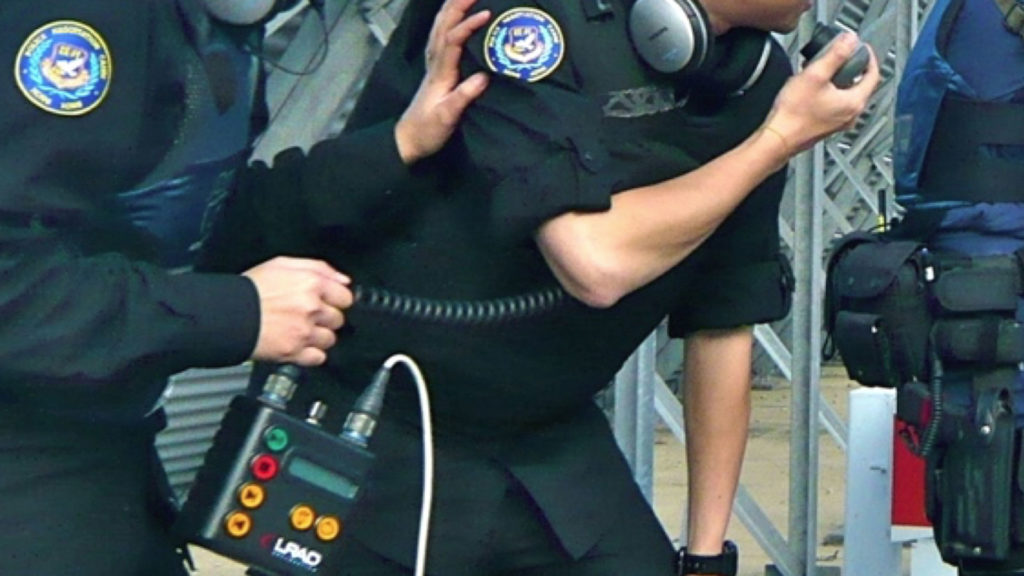
Response Strategy
The first step in having an effective response strategy is to have in place all the necessary prevention and preparatory measures and resources required to respond quickly, efficiently and professionally. Some of these
key elements will be discussed in greater detail below.

Operational Priorities
It is important to have a clear understanding and agreement on the key operational priorities throughout the response. First and foremost, of course, should be the saving of life, whether it’s during the course of an ongoing hostage incident or the aftermath of a bombing or shooting incident. Secondly, it is also essential that the wider public are also kept safe either from the incident itself or from further incidents that might take place. Thirdly, the authorities should be looking to bring the perpetrators and their accomplices to justice in order to preempt further incidents taking place.

Command and Control
It is important to have a clear understanding and agreement on the key operational priorities throughout the response. First and foremost, of course, should be the saving of life, whether it’s during the course of an ongoing hostage incident or the aftermath of a bombing or shooting incident. Secondly, it is also essential that the wider public are also kept safe either from the incident itself or from further incidents that might take place. Thirdly, the authorities should be looking to bring the perpetrators and their accomplices to justice in order to preempt further incidents taking place.

Tactical Intelligence
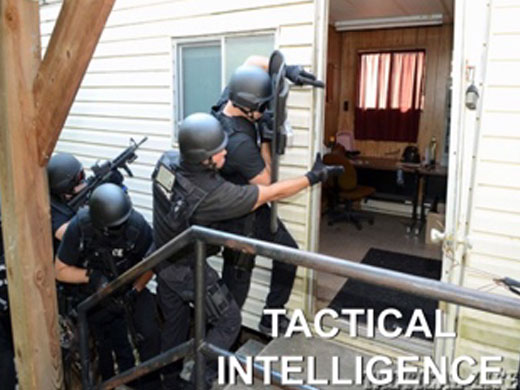
Tactical Response
A tactical response should always be ready and available but should also be used with extreme caution. As was seen in the recent Lindt Café Siege in Sydney, even extremely well trained tactical operators may not be able to secure the safe release of all the hostages and tactical failures can often lead to much soul searching and subsequent censure if it later transpires that more could have been done to ensure the safety of the hostages involved.

Negotiation Response
for other options and solutions to be put in place.
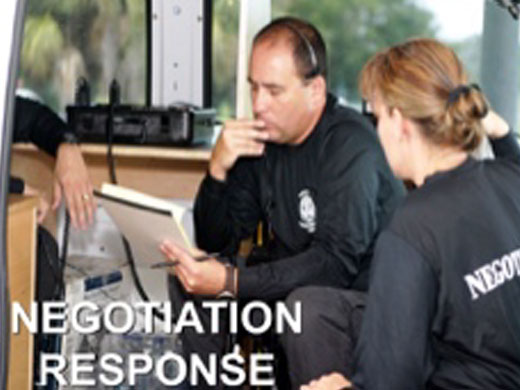
Media Management
cooperation and assistance, particularly as the media may well be able to obtain key information that might be relevant to the authorities during the response or during the later investigations.
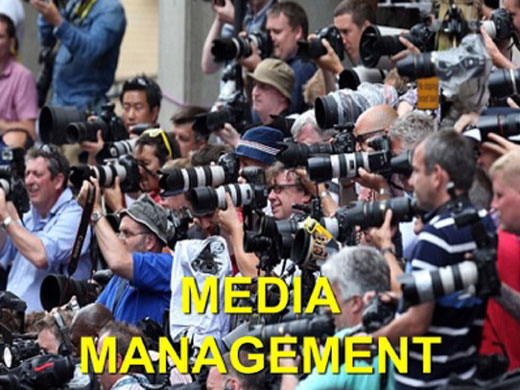
Public Management
able to help with this but it is important that the authorities reassure the public that they are properly dealing with the incident and provide advice on what the public can do to safeguard themselves. The assistance of
the public should also be sought, as was the case following the Boston bombing, as they may be able to provide potentially vital information and intelligence to the responding authorities.

Social Media

Transnational Cooperation
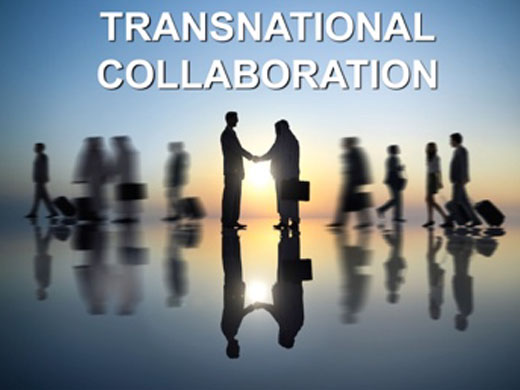
Sustainability

Peter R. Morgan is the Director of Crisis Avert Ltd and spent over 33 years in law enforcement. He was closely involved in CT-response as Commander of the Police Crisis Negotiation Unit for 12 years, responsible for counter-terrorist incidents, public order negotiations, serious criminal and domestic crisis incidents as well as suicide intervention and barricaded situations. He is also the author of “Critical Issues in Crisis Negotiations”, available on Amazon. This article is adapted from a presentation given at the Asia Emergency Management Conference in May 2016. For more information, please contact Peter at prmorgan@crisisavert.com or visit www.CrisisAvert.com.
Would you like Peter to speak at your upcoming event or conference? Get in Touch!
If you’re interested in booking Peter for a future event, then get in touch directly to discuss details and arrangements using the contact form below:
